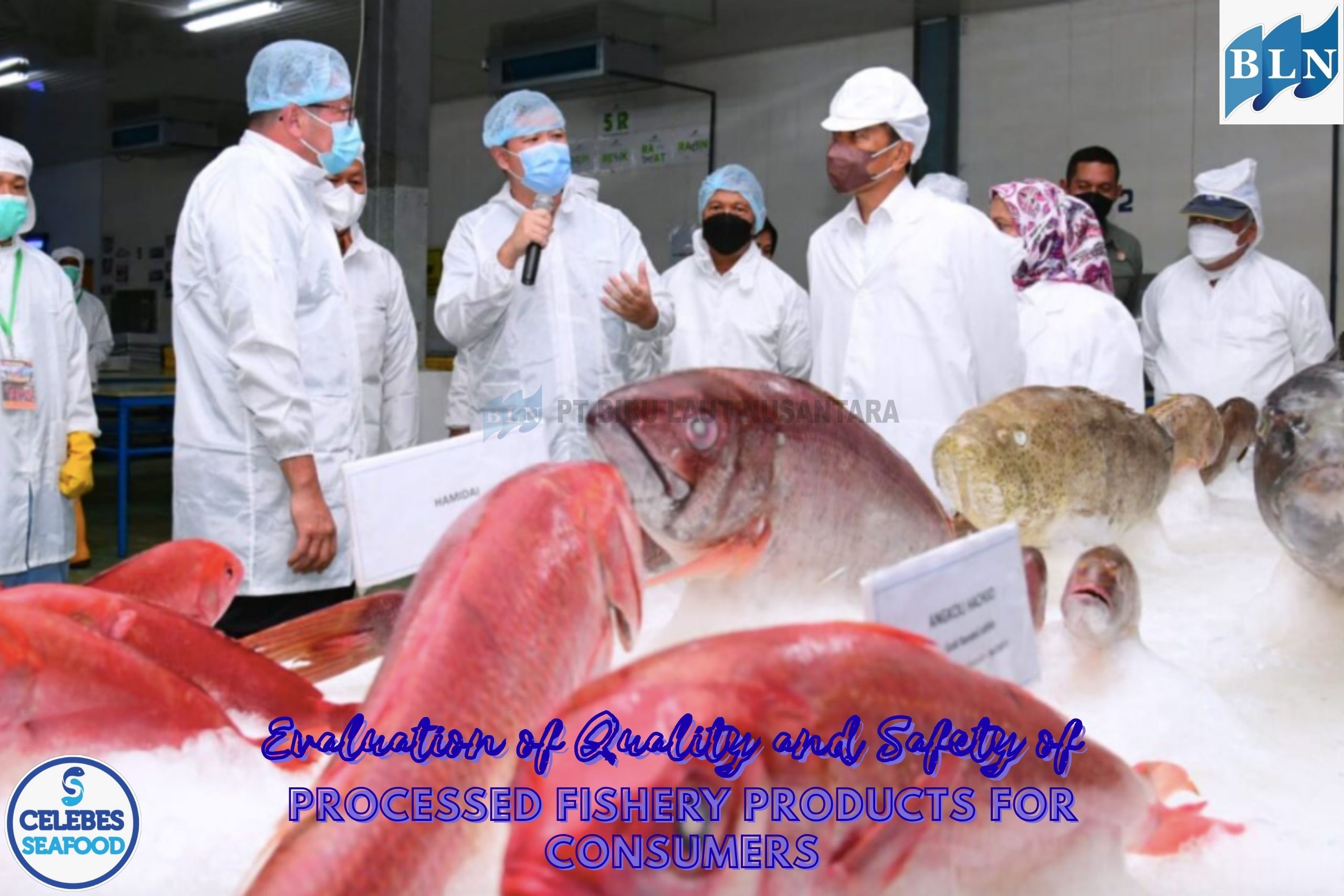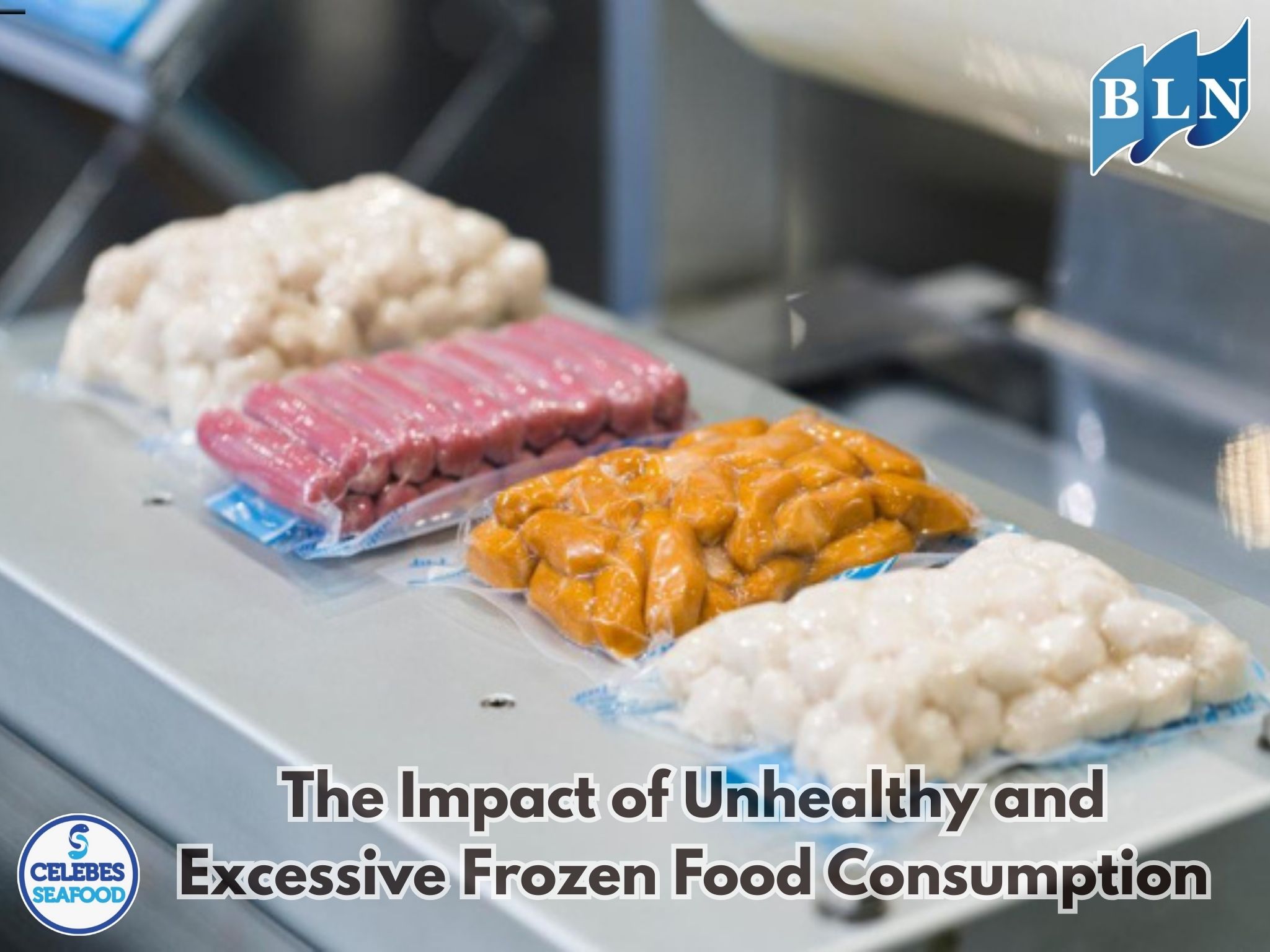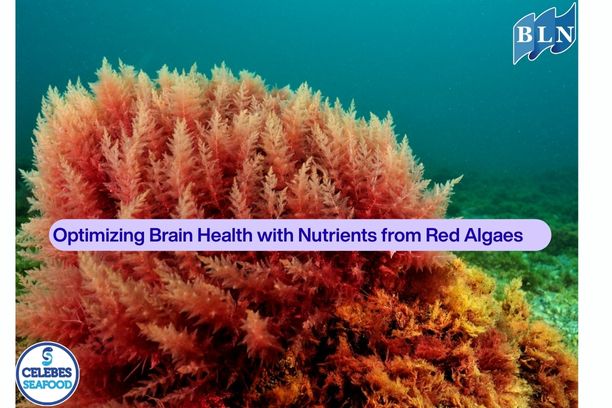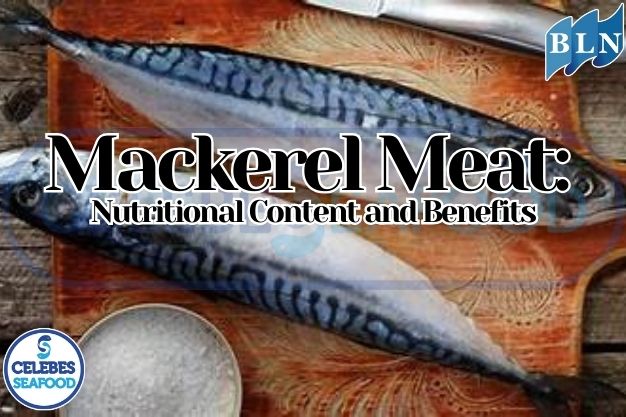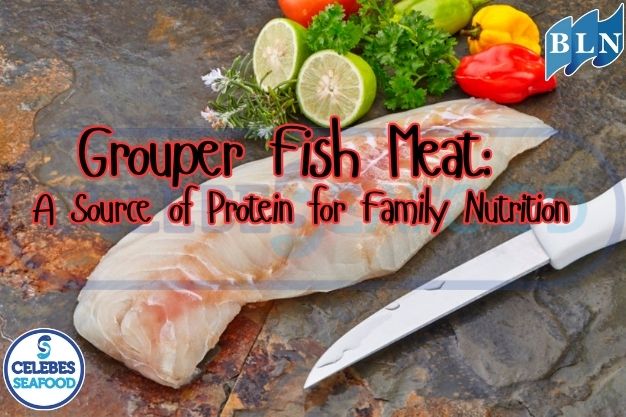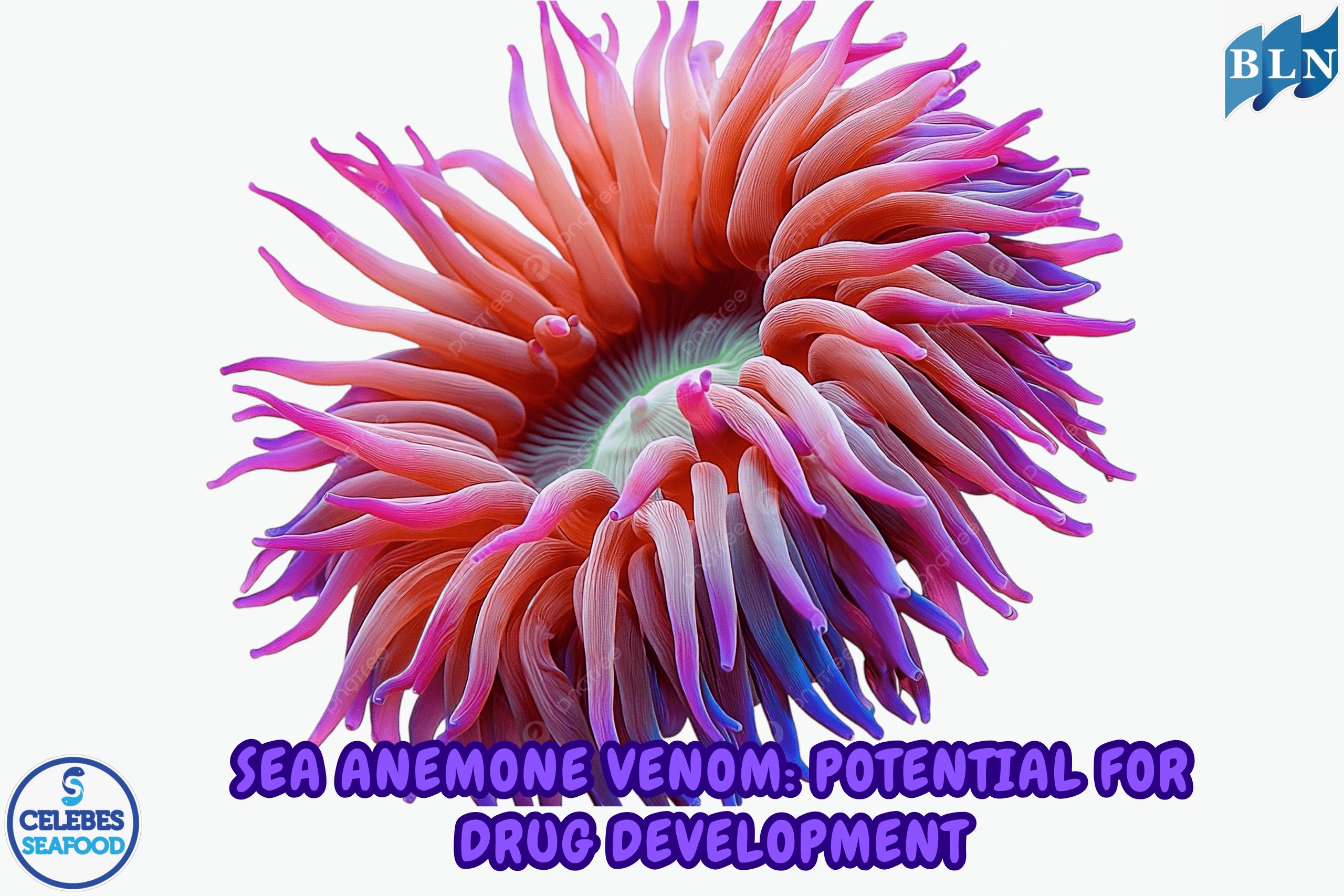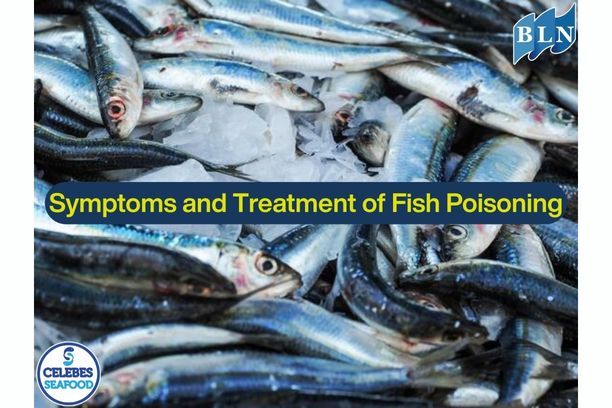Health Certificates (HC) in Fisheries Exports
By. Rani - 15 Jul 2025 in Fisheries Exports.jpg)
lautnusantara.com In the context of fisheries quality assessment for export, HC typically refers to a Health Certificate. This certificate is crucial for seafood products intended for export, as it serves as proof that the product has met the health and food safety standards set by the importing country.
A Health Certificate (HC) for fishery products is an official document issued by an authorized institution, such as the Ministry of Marine Affairs and Fisheries (KKP) or the Fish Quarantine, Quality Control, and Fishery Products Safety Agency (BKIPM), stating that the fishery product is safe for consumption and complies with international health and food safety standards.
Functions of a Health Certificate (HC)
-
Declares Product Eligibility: An HC ensures that exported fishery products meet the health and hygiene standards set by the importing country. This includes testing for contaminants like bacteria, viruses, or harmful chemicals.
-
Crucial for Export Regulatory Compliance: Many importing countries, especially developed ones like the European Union, the United States, and Japan, require health certificates as part of the import process for food products, including fishery products.
-
Prevents Disease Spread: A Health Certificate guarantees that fishery products are free from diseases or pathogens that could harm human health and the environment.
Process of Obtaining a Health Certificate for Fishery Exports
-
Product Quality and Safety Testing: Fishery products must undergo a series of laboratory examinations and tests, including microbiological, chemical, and physical analyses, to ensure they are free from contamination and meet the standards set by the export destination country.
-
Processing Facility Inspection: The production and processing facilities will also be inspected to ensure they meet hygiene and food safety standards, and that they possess relevant certifications such as Good Manufacturing Practices (GMP) or Hazard Analysis Critical Control Point (HACCP).
-
Issuance of Health Certificate: Once the product and facility are tested and meet the requirements, the Fish Quarantine Agency or the authorized institution will issue the Health Certificate stating that the product is eligible for export.
-
Shipment to Destination Country: The Health Certificate must be included in the export documents sent to the authorities in the destination country to ensure the fishery product can be accepted without hindrance.
Benefits of a Health Certificate (HC) for Fisheries Exports
-
Meeting Importer Requirements: Many countries mandate Health Certificates for food products, especially those of animal origin, to avoid health risks.
-
Increasing Competitiveness: Fishery products with an HC are more readily accepted in international markets, as consumers and importing countries have greater trust in certified quality products.
-
Boosting Consumer Confidence: This certificate provides consumers with assurance that the fishery products they consume are safe and meet international standards.
Standards Covered by a Health Certificate
-
Product Quality: Products must meet the quality standards set by the importing country.
-
Hygiene and Safety: Ensures the product is free from biological (e.g., bacteria, viruses), chemical (e.g., heavy metals or pesticides), and physical (e.g., foreign objects) contamination.
-
Processing Suitability: Processing facilities must comply with sanitation and hygiene standards in accordance with international regulations.
A Health Certificate (HC) is paramount in the quality assessment of fishery products for export. This certificate ensures that dispatched products meet all applicable health and food safety standards in the importing country, facilitating smooth export processes and the acceptance of fishery products in the global market.
If you are interested in our Coral Trout Fillet Skin On, CORAL TROUT WGG WHOLE GILLED GUTTED, TOMATO COD WHOLE GILLED GUTTED please do not hesitate to contact us through email and/or whatsapp.
